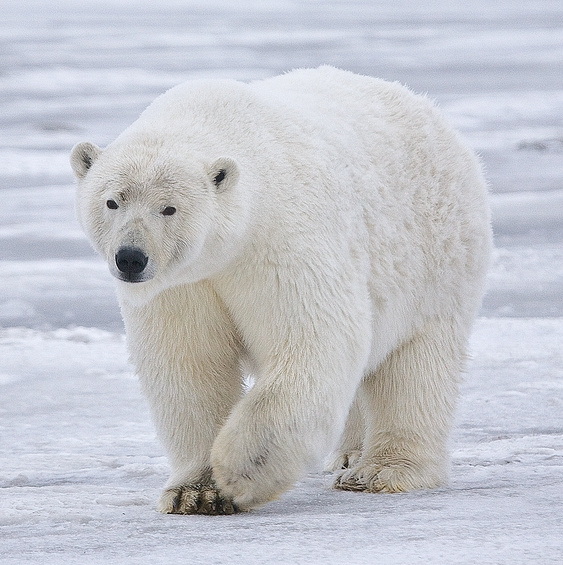Note: If you wish to receive, via e-mail, (1) my weekly newsletter or (2) daily copies of these posts, notify me at [email protected] and indicate which you would like. I promise not to share your e-mail address with anyone. To unsubscribe, send me a follow-up email.
Monday
It seldom drops to 0 degrees in Tennessee, but yesterday we faced wind chill temperatures of -2. My brother in Iowa City, meanwhile, experience a wind chill of -40. I therefore share, once again, a post I wrote nine years ago on Mary Oliver’s “Cold Poem.” While these frigid temperatures are causing a great deal of misery, Oliver finds “tree-splitting” cold at least gives us a chance to get real.
Cold Poem
By Mary Oliver
Cold now.
Close to the edge. Almost
unbearable. Clouds
bunch up and boil down
from the north of the white bear.
This tree-splitting morning
I dream of his fat tracks,
the lifesaving suet.
I think of summer with its luminous fruit,
blossoms rounding to berries, leaves,
handsful of grain.
Maybe what cold is, is the time
we measure the love we have always had, secretly
for our own bones, the hard knife-edged love
for the warm river of the I, beyond all else; maybe
that is what it means, the beauty
of the blue shark cruising toward the tumbling seals.
In the season of snow,
in the immeasurable cold,
we grow cruel but honest; we keep
ourselves alive,
if we can, taking one after another
the necessary bodies of others, the many
crushed red flowers.
I understand Oliver to be saying that, when we are in the grip of extreme cold–when we feel the breath of death upon us–that is when we value life the most. Just as the polar bear’s life-saving suet keeps it alive in extreme conditions, so we focus on our essential life at such moments as this. Dreaming of summer’s luminous fruit becomes an extraneous luxury.
Our “hard knife-edged love,” Oliver tells us, is for our “own bones,” for “the warm river of the I.” We must acknowledge the life force that burns within us.
That’s why we are so fascinated by “the blue shark cruising toward the tumbling seals”: we identify with this battle between life and death and know that, in this primal struggle, we need, no less than the shark, to take into ourselves the bodies of others. That’s why we find a beauty in cold.
The cold season, Oliver says, is a season of cruelty and of honesty. Hold that thought in your mind the next time you take a step out into sub-zero temperatures.
Further thought: As I honored Mary Oliver’s life following her death in 2019, I talked about her views of death and her views of Christianity. She was also an author of numerous depression poems, which stand in dramatic contrast to her ecstasy poems. (I wonder if, like many of our greatest poets, she had bipolar disorder.) Her insight in “Cold Poem” tracks with something that psychologist/philosopher Thomas Moore says in Care of the Soul about the value of depression:
Faced with depression, we might ask ourselves, “What is it doing here? Does it have some necessary role to play?”…
Some feelings and thoughts seem to emerge only in a dark mood. Suppress the mood, and you will suppress those ideas and reflections. Depression may be as important a channel for valuable “negative” feelings, as expressions of affection are for the emotions of love…Melancholy gives the soul an opportunity to express a side of its nature that is as valid as any other, but is hidden out of our distaste for its darkness and bitterness.

3 Trackbacks
reformas zaragoza
Oliver: With Intense Cold Comes Honesty | Better Living through Beowulf
additional reading
Oliver: With Intense Cold Comes Honesty | Better Living through Beowulf
Learn More Here
Oliver: With Intense Cold Comes Honesty | Better Living through Beowulf